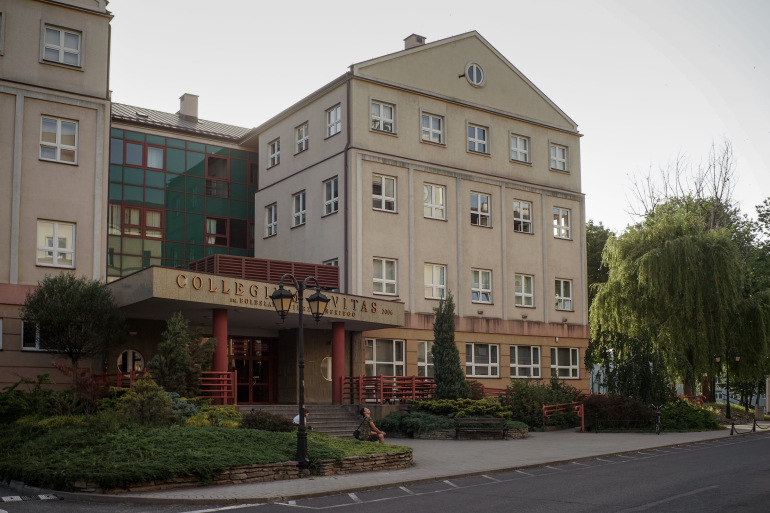
The security of the EU’s internal borders, the consequences of the visa scandal in Poland, the reintroduction of border checks on the Polish-German border, and migration – not only on the Polish-Ukrainian border, but also on the Finnish-Russian or French-German borders. Such topics, among others, will be discussed in Wrocław and Opole by border and borderland researchers.
An opportunity for debate and discussion will be provided by the 1st Congress of Borders and Borderlands Researchers entitled ‘(De)Constructing Borders in Borderlands Studies’, which takes place from 16 to 18 September 2024. Its first part, scheduled for 16 and 17 September, takes place in Wrocław, and the second part on 17 and 18 September in Opole. The event will be attended not only by researchers from Poland (e.g. Białystok, Wrocław, Poznań, Opole, Gdańsk, Łódź, Lublin, Kraków, Toruń, Olsztyn, Rzeszów, Bielsko-Biała, Katowice, Warsaw), but also from numerous countries: the Czech Republic, Denmark, Norway, Ireland, the Netherlands, Germany, France, Luxembourg, Italy, Hungary, Ukraine, the United Kingdom, Canada or the USA.
“Border researchers are a growing academic community, both at home and abroad. So far, we have met at various conferences both at home and abroad, most recently in Opole, Poland, Just over a year ago, we came up with an idea to strengthen the ties and that is how the idea of the congress was born,” says Dr Wojciech Opioła, Deputy Director of the Institute of Political Science and Administration at the University of Opole, organiser of the event in Opole. “The main organisers are the University of Opole and the University of Wrocław, along with universities from Białystok, Poznań and Gdańsk as co-organisers. Among the guests, we have representatives of the most important centres specialising in border research in the world: from the USA, Canada, Finland, Luxembourg and Poland, of course.”
Among the topics to be discussed in Opole will be, for example, the legal framework for cross-border cooperation in the European Union, the security of the Schengen area borders in the context of contemporary threats, but also issues concerning the German minority or the Kashubians, the motif of borderlands in contemporary literature, or the topic of language and communication in borderlands. They will be discussed by representatives of various academic disciplines: political scientists, sociologists, social geographers, lawyers, economists, historians, as well as anthropologists and linguists.
“The subject of borders and borderlands is an interdisciplinary research area, which is dealt with by a large group of researchers. The border is the starting point for various research questions related to the border as a barrier and as a bridge. Frontier areas are generally peripheries with a multitude of social, economic, environmental and political problems. They are also often places inhabited by multicultural communities with a huge load of collective memory,” adds Dr Wojciech Opioła.
The 1st Congress of Researchers of Borders and Borderlands is an interdisciplinary project carried out upon the initiative of the Centre for Regional Research and Borderlands at the University of Opole, the Institute of Political Science and Administration at the University of Opole, the Terra Diversa Laboratory at the University of Białystok, the Faculty of Political Science and Journalism at the Adam Mickiewicz University in Poznań, and the International Border Studies Centre, University of Gdańsk.
In Opole, it will be held at Collegium Civitas UO ( 89 Katowicka Street). Detailed information on the event and its programme can be found HERE.